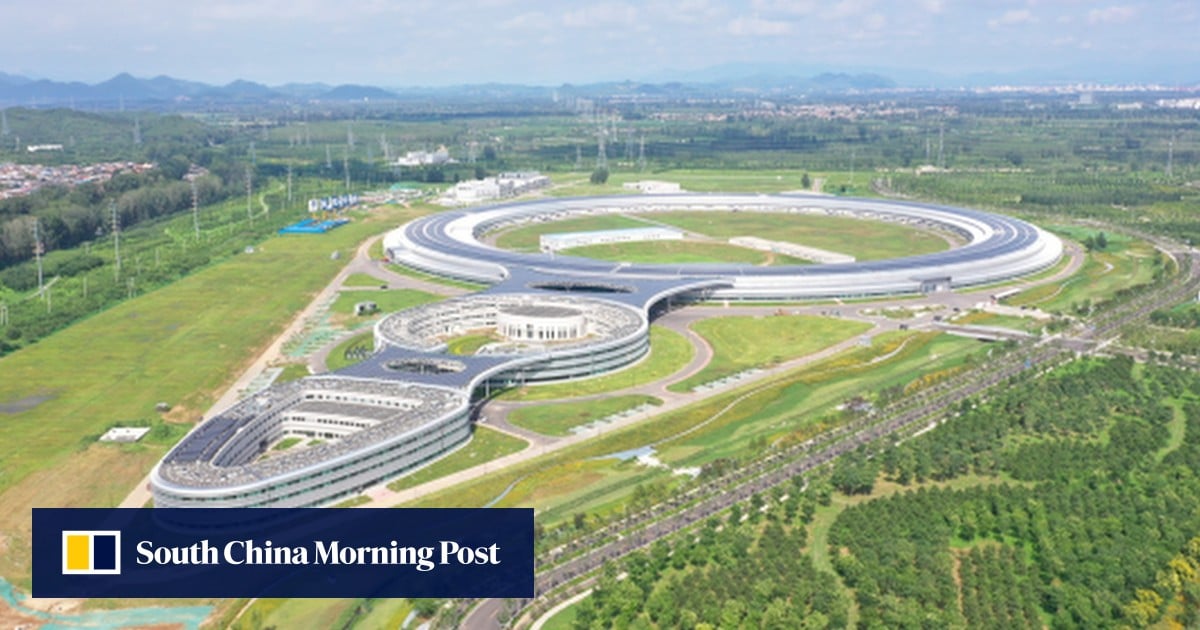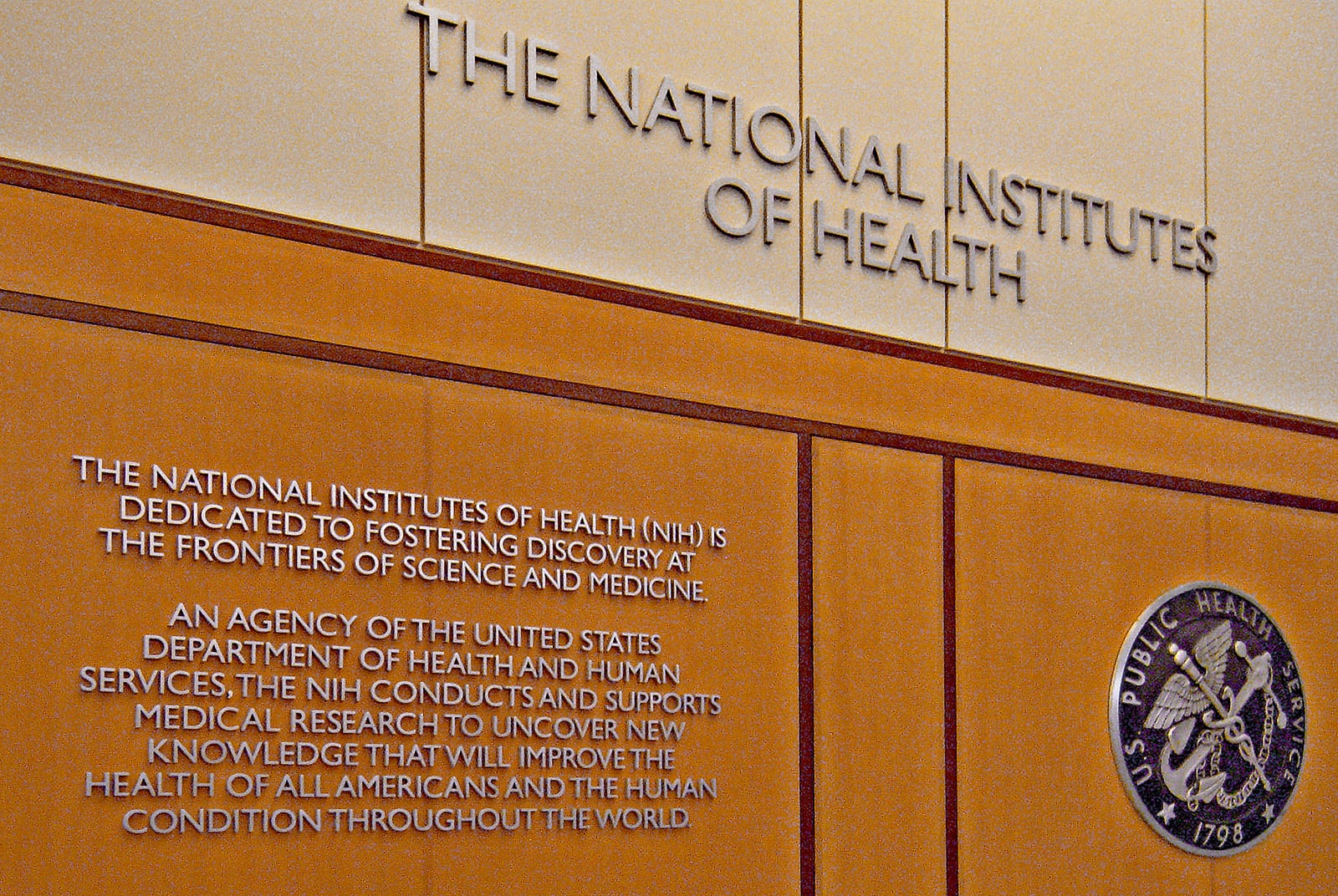
Science in Peril: Trump's Budget Cuts Threaten AI Innovation and Climate Research
Federal Science Funding Hangs in the Balance as Trump's Partial Approval Raises Concerns In a controversial move that has sent ripples through the scientific community, President Donald Trump has left more than $300 million in federal science funds in a state of uncertainty. By selectively approving only 16 out of 27 emergency funding provisions, the president has triggered legal and political concerns across party lines. The partial approval of the emergency spending package has created a complex landscape of financial ambiguity, leaving researchers, institutions, and policymakers questioning the future of critical scientific initiatives. Both Republican and Democratic lawmakers are expressing apprehension about the potential implications of this unprecedented funding decision. Andres Picon, reporting for E&E News, highlights the growing tension surrounding the funding provisions and the potential long-term consequences for scientific research and innovation. The situation underscores the delicate balance between executive discretion and the continued support of vital scientific endeavors. As the debate unfolds, stakeholders are closely monitoring the potential legal and financial ramifications of the president's selective funding approach.









